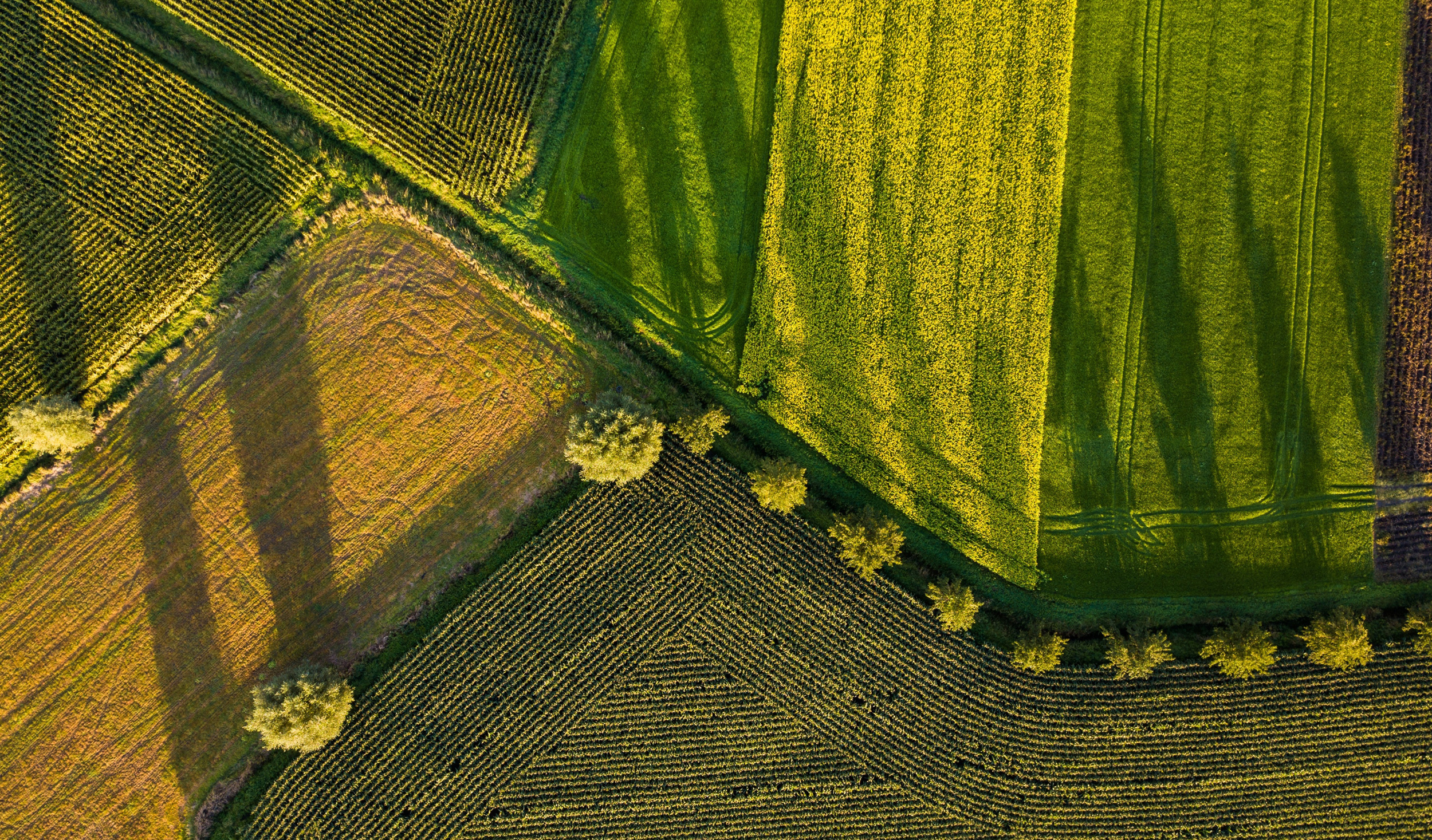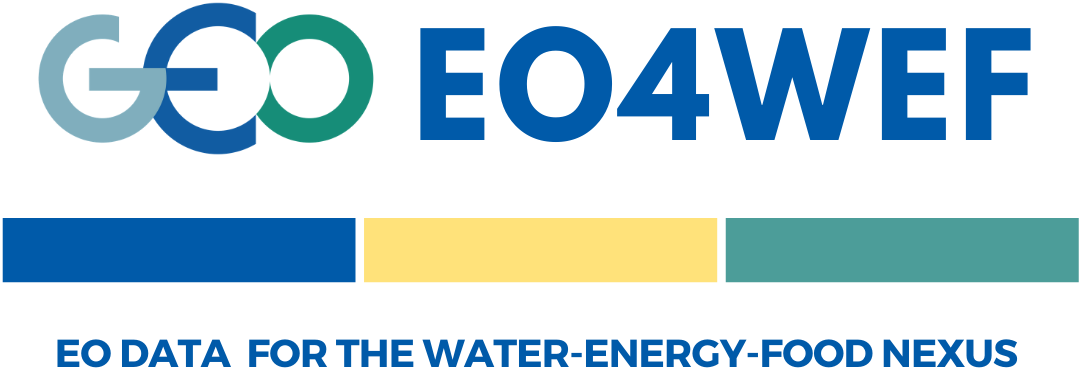

Earth Observations for the Water-Energy-Food Nexus

Challenge
Water, energy, and food security are pervasive needs affecting every nation and citizen. Ensuring each person has access to these resources requires effective governance and management. Earth observations and information systems have important roles to play in ensuring that governance and management decisions related to the Water-Energy-Food Nexus are based on the best available Earth intelligence.
Solution
The solution is to develop the technologies, data services, and Earth system models to enable a broad range of users, from legislators to resource managers to individual industries and producers, to use Earth observations for decision-making. This requires that effective data services, models, and technologies be developed, tested, and tuned to the needs of each region. This pilot looks at specific data applications, technologies, and Earth system model applications. In particular, the three products/services featured here address water-energy-food systems through the advancement of new technologies and Earth system models in the energy, agriculture, and water sectors.
Intended Socioeconomic and Environmental Impact
The intent of this pilot is to explore how Earth observations can benefit different aspects of Water-Energy-Food Nexus implementation, particularly where they provide insights into environmental issues, such as the Sustainable Development Goals, resilience under climate change, and efficient resource management. The value of this project is achieved by developing applications of Earth observations for specific water-energy-food issues, assessing Water-Energy-Food Nexus impacts on the environment and society through Earth system models and Earth observations, developing both Earth observations and water-energy-food technologies, and creating Information Platforms to provide needed information to the user community and promote resource use efficiencies.
Objectives for 2025–2030
- To expand and improve the use of Earth observations in decision-making by expanding the influence of the Water-Energy-Food Framework for improving resource planning, management, and coordinated resource use and protection where the water, energy, and food sectors overlap.
- To facilitate the use of Earth observations in the planning and management of Water-Energy-Food systems by supplying data in a timely manner to improve efficiencies and productivity across the sectors and to develop the basis for joint planning of responses to environmental threats. This would include the effective monitoring of the interactions between the sectors and coordinated efforts to better predict responses to minimize the effects of environmental threats.
- To use satellite observations, remotely sensed, and in situ data to develop, test, and validate innovations (such as agrivoltaic systems) and develop methodologies and information services based on Earth observations to facilitate the adoption and use of approaches for improved resource production and use efficiency.
- To use the convening power of a GEO Pilot to promote the use of the capabilities of the Water-Energy-Food’s R2O products and GEO’s fundamental capabilities to ensure every opportunity for the Water-Energy-Food community at large to make maximum use of the Pilot’s services and prototypes.
How We Work
This Work Plan describes three products included in the R2O activity, while a fourth product, Snowsat from Sweden, has made substantial advances in the recent past and will be featured when there is room for a fourth product/service. R2O projects are funded as research projects, and the lead investigator reports to the GEO EO4WEF Coordinator on those aspects that support the water-energy-food goals and the GEO work plan.
While the individual projects are managed by the project leads (generally university scientists) who have obtained funding for the projects, the GEO-related aspects of the project are managed by the three leads plus the overall Pilot coordinator. The overall coordinator takes responsibility for interactions with GEO and serves as the contact point for the interaction between the Pilot and GEO.
The Pilot’s convener activities have general support through grants and university funds, and assistance may be given for a conference by some friendly agency. Publications usually come from individual research budgets. Overall coordination for EO4WEF is provided on a volunteer basis. Scientists report on progress at the COP meetings or submit written input when GEO calls for updates.
Donors
Partners
GEO Members
GEO Participating Organizations
Non-affiliated
Points of Contact



